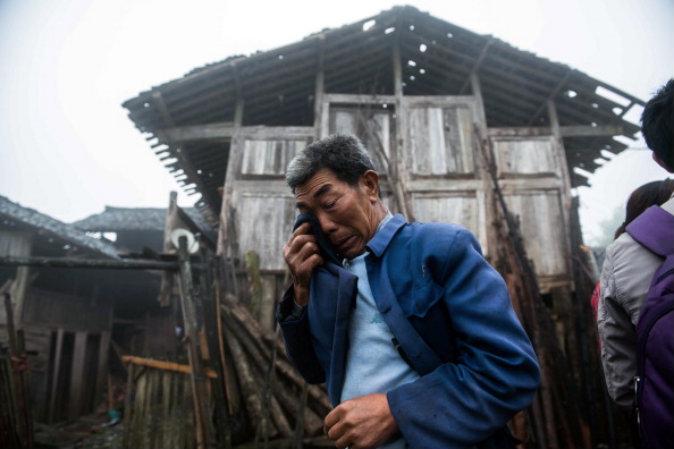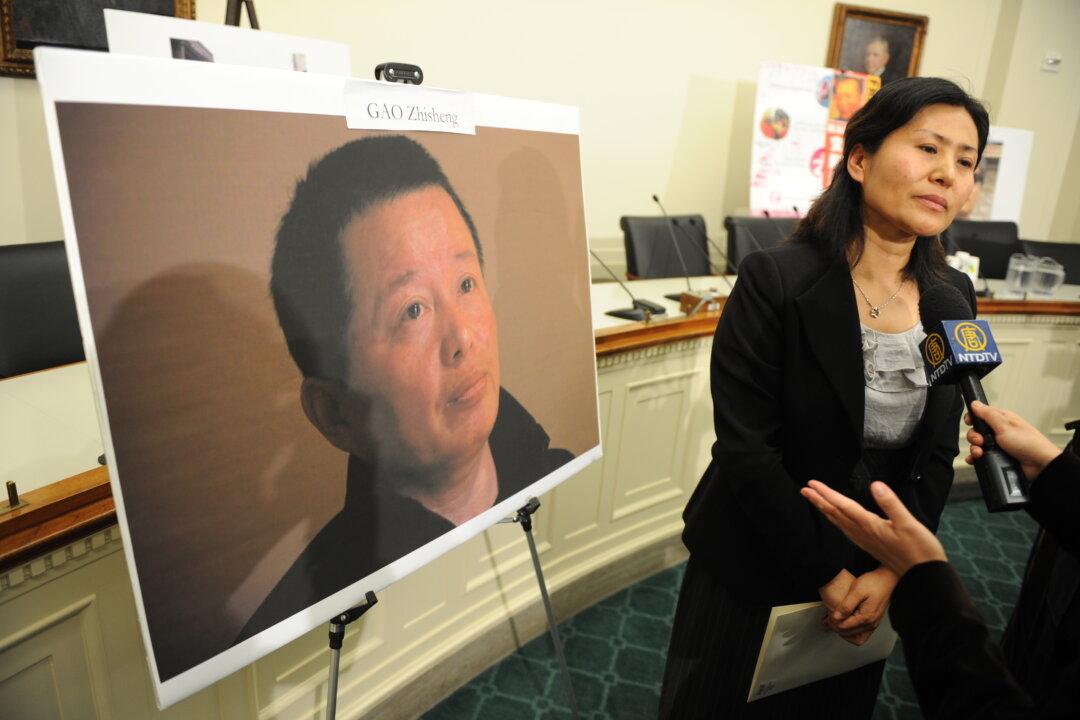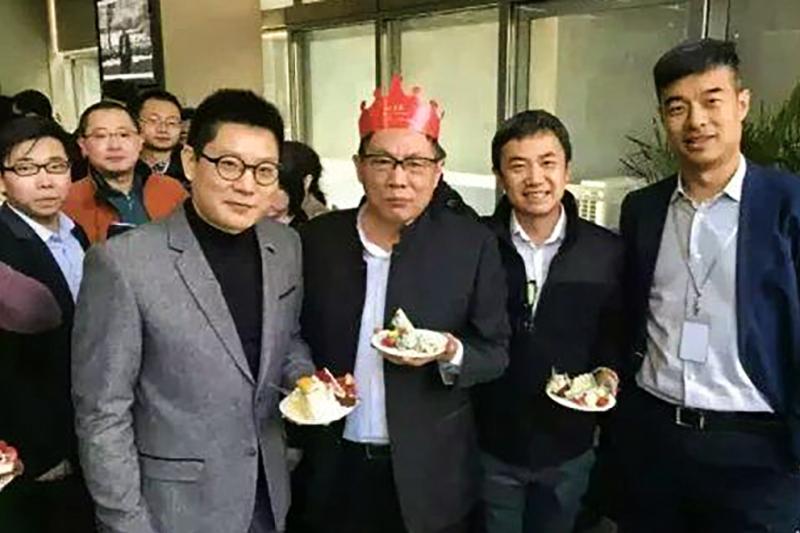The recent findings of a university in China about pension rates for retirees has sparked a discussion about whether the country’s superannuation and pension system is unfair, and too harsh on those who live in the countryside.
Villagers might end up with an average monthly income of merely 141 yuan ($21), for instance, whereas employees of Party and government agencies based in cities get 3,174 yuan ($490), the March 17 study shows.
While it is natural that rural dwellers who have not paid into a superannuation system receive less than those with jobs in the state bureaucracy who do, many have taken issue with the extent of the disparity—over 20 times—and the fact that the village pension is barely enough to sustain a basic existence. (Between the two extremes, there are urban workers who receive an average of 2,400 yuan per month, and urban dwellers who receive nearly 1,400 yuan.)
The issue is a matter of strong social tension in China and has been taken by many as another example of social unfairness. The topic on Netease, a popular news website, drew over 50,000 comments, making it more popular than the news of the purge of Guo Boxiong, Vice Chairman of the Central Military Commission.
There were voices both sympathetic to the rural dwellers, as well as those sympathetic to those from cities, who receive the higher pensions.
In general, supporters pointed out that pensions were only available to urban dwellers after 15 years of payments into the system. So naturally, they argued, rural people—who did not have such jobs and thus did not make the payments—are not entitled to the benefits.
Sympathizers for the villagers argued that farmers in general make great contributions to society through their agricultural labor, are insufficiently compensated, and subject to a range of taxes that make their life difficult.
The disputes about how benefits are to be distributed goes to the heart of communist rule in China, say experts of the regime. “The system can’t provide a basis for normal social functioning because the entire society was based on dividing people into social and class groups—with the Party occupying the highest place,” according to Zhong Weiguang, an author and commentator on China and totalitarianism, based in Germany. He spoke to NTD Television in an interview.




